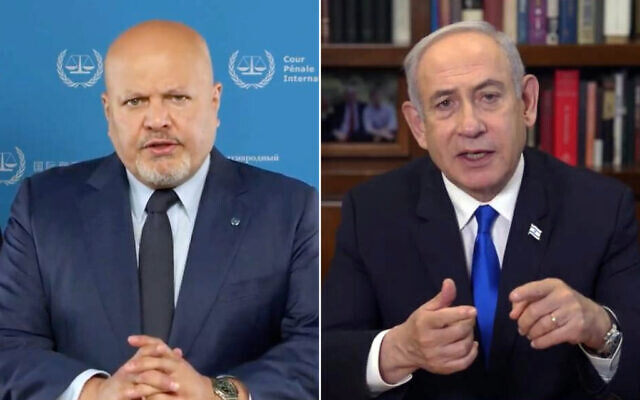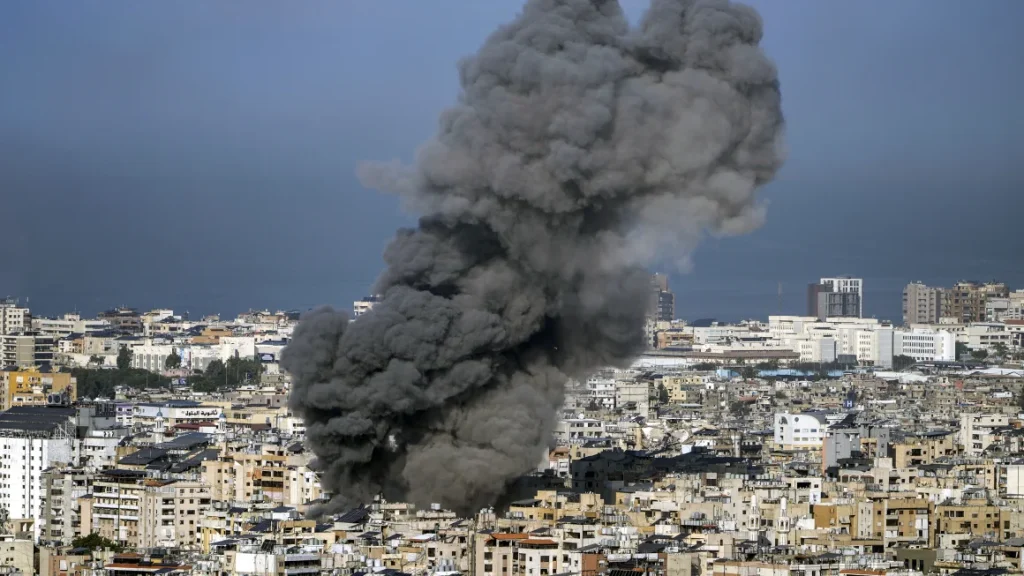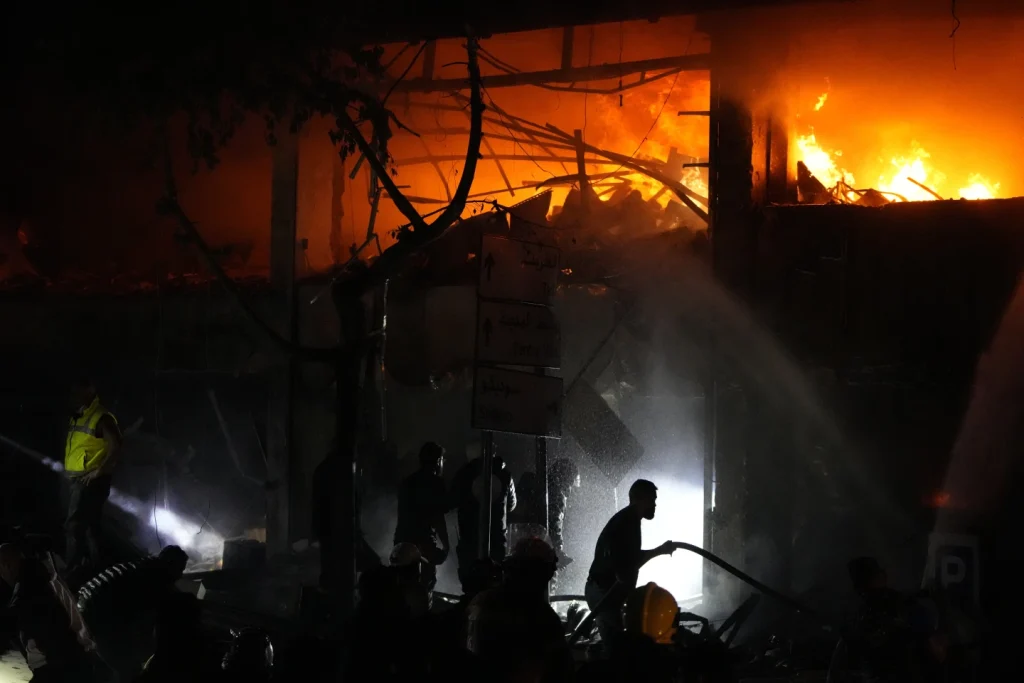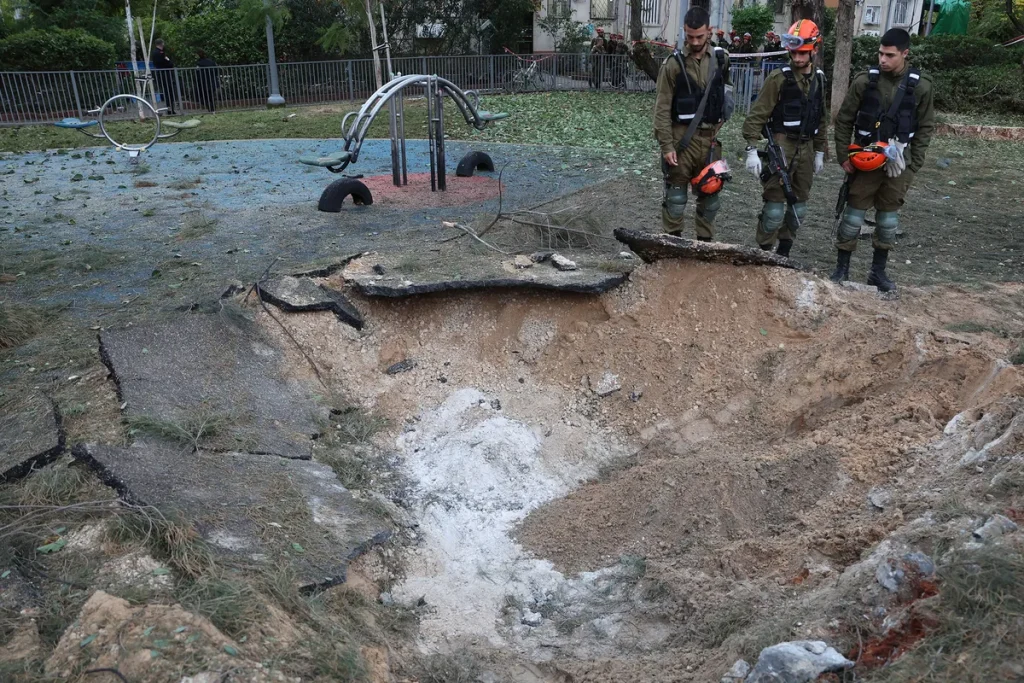Escalating Tensions: Israel, Gaza, and the Growing Regional Concerns
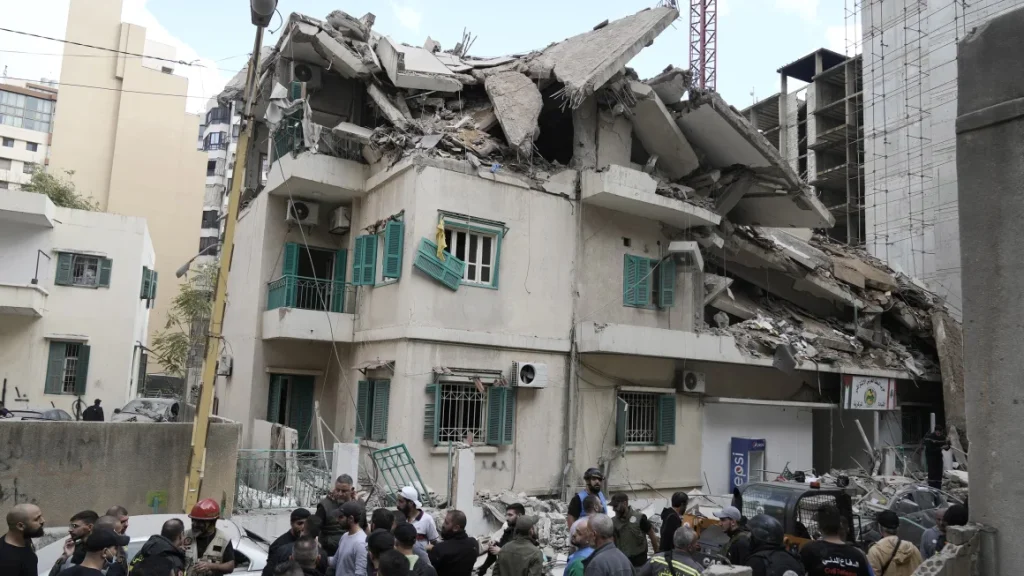
The Israel-Gaza conflict, which erupted in early October, has led to an escalating cycle of violence that has drawn in not only the Palestinian territories but also neighboring regions like Lebanon.
Recent Israeli airstrikes in Gaza, alongside attacks in Beirut and along Israel’s northern borders, underscore the growing instability in the Middle East.
This ongoing escalation has prompted significant concern from the international community, as the humanitarian crisis worsens, and fears mount that the conflict could expand beyond Gaza and into other parts of the region.
The conflict began on October 7 when Hamas launched a large-scale assault on Israel, targeting southern cities with a combination of rocket fire and ground incursions.
In response, Israel initiated Operation Iron Swords, which involved airstrikes aimed at Hamas infrastructure in Gaza, including military installations, tunnels, and weapons storage sites.
The Israeli military campaign, which has been relentless, has continued for weeks, with the number of casualties on both sides increasing by the day.
As of mid-November, reports indicate that over 10,000 Palestinians have died, with thousands more injured, while over 1,000 Israelis have been killed since the conflict began.
The airstrikes in Gaza have resulted in widespread destruction, particularly in Gaza City, where entire neighborhoods have been flattened.
Civilians, including women, children, and the elderly, have borne the brunt of the violence. Hospitals and medical facilities have been damaged, further straining an already overburdened health system.
The United Nations has raised alarm over the dire humanitarian conditions in Gaza, with food, clean water, and medical supplies rapidly running out.
In parallel with the fighting in Gaza, tensions have spread to Lebanon. Beirut, the Lebanese capital, has witnessed an uptick in violence as Hezbollah, the Shiite militant group with close ties to Iran, has engaged in sporadic clashes with Israeli forces along the southern Lebanese border.
While Hezbollah has not fully committed to open war with Israel, the group’s rocket attacks on northern Israel are seen as a sign of increasing instability in the region.
Israeli airstrikes have targeted Hezbollah positions in southern Lebanon in response, but Hezbollah’s involvement has raised the possibility that the conflict could escalate further, potentially drawing in other regional powers.
Lebanese officials have expressed concerns about the impact of the conflict spilling over into Lebanon, with the country already grappling with its own internal challenges, including political instability and an economic crisis.
Despite these concerns, Hezbollah’s continued presence in southern Lebanon and its support for Hamas complicates any efforts for de-escalation.
The Lebanese government, which has limited control over Hezbollah, is caught in a precarious situation, and the risk of Lebanon becoming more directly involved in the conflict remains high.
The involvement of other Middle Eastern powers further compounds the potential for regional expansion. Iran, which provides significant support to Hezbollah and Hamas, has expressed strong backing for Palestinian resistance and condemned Israeli military actions.
As the conflict deepens, the possibility of Iranian involvement either through direct military support or by escalating tensions with Israel could further destabilize the region.
Meanwhile, the international community remains divided over how to address the crisis. Countries such as the United States and some European states have reaffirmed Israel’s right to defend itself against Hamas, while others have called for an immediate ceasefire, pointing to the humanitarian disaster unfolding in Gaza.
Arab states, along with nations like Turkey and Russia, have been vocal in condemning Israeli airstrikes, pushing for an immediate halt to military operations.
Despite calls for a ceasefire, diplomatic efforts to resolve the conflict have largely faltered. Several countries, including the U.S., Egypt, and Qatar, have tried to broker peace talks and facilitate humanitarian aid access, but the ongoing hostilities have hindered these efforts.
Both Israel and Hamas have expressed their unwillingness to cease operations without meeting their respective objectives, making any resolution elusive at this stage.
In Gaza, the human toll continues to rise as Israeli airstrikes target areas with dense civilian populations. The destruction of infrastructure, including hospitals, schools, and water facilities, has exacerbated the dire living conditions for Gaza’s residents.
The Israeli military’s stated objective is to neutralize Hamas, but the sheer scale of the destruction has led to increasing international concern over the ethics of such a strategy and its humanitarian impact.
As the conflict rages on, the potential for a broader regional war looms larger. While the focus remains on the Gaza Strip, Hezbollah’s rocket fire from Lebanon and the growing instability in Syria suggest that the Middle East could soon face a much more widespread conflict.
The involvement of Iranian-backed groups in Iraq and Yemen, and the potential for a broader Iranian-Israeli confrontation, add another layer of complexity to an already volatile situation.
The ongoing violence is also affecting neighboring Jordan and Egypt, both of which have significant Palestinian populations. With large numbers of refugees fleeing Gaza, both countries have been strained by the influx of displaced people.
Egypt, which shares a border with Gaza, has played a critical role in mediating ceasefire attempts and facilitating humanitarian aid to Gaza, but the growing refugee crisis threatens its stability.
As the fighting continues and the international community’s calls for a ceasefire grow louder, the prospects for peace seem increasingly distant. Both sides remain entrenched in their positions, and without significant diplomatic breakthroughs, the cycle of violence may continue to spiral.
The need for an effective and sustainable peace process is more urgent than ever, but as long as the political and military dynamics in the region remain polarized, finding a solution will be a monumental challenge.
In conclusion, the Israel-Gaza conflict has not only caused immense human suffering but also raised the possibility of a broader regional war. The involvement of Hezbollah, the role of Iran, and the delicate balance in neighboring countries like Lebanon and Syria all contribute to the complexity of the situation.
While the world watches and urges for peace, the political, military, and humanitarian challenges continue to defy easy solutions. As this crisis continues, the hope for a resolution rests on diplomacy, but with the conflict showing no signs of abating, the Middle East faces an uncertain and dangerous future.


